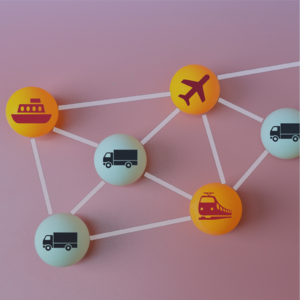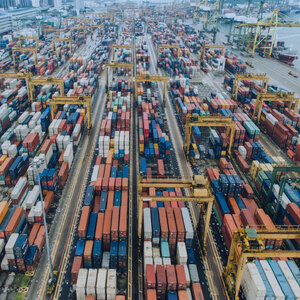Do you know what supply chain traceability is? This concept has gained importance in recent years due to market and institutional demands. As a result, companies have had to focus their efforts on improving the traceability of their products to ensure their quality and safety. In this article, we’ll explore what supply chain traceability is, the benefits it offers, and the technologies that can help improve it.
What is supply chain traceability?
Supply chain traceability refers to the ability to track and follow the path of a product through all stages of production, processing, and distribution. This includes everything from sourcing raw materials to delivering the final product to the consumer. Traceability allows companies to identify the location of products at any point in the process, as well as know their history, usage, and status throughout the supply chain.
This practice has become a crucial element for businesses, not only to guarantee the quality and safety of products but also to optimize operational management and comply with current regulations. In a globalized and highly competitive market, traceability provides a significant strategic advantage, allowing for a quick and efficient response to any issues that may arise during production or distribution.

Strategic Benefits of Supply Chain Traceability
Having good traceability in the supply chain offers various strategic benefits to businesses. These benefits include improved efficiency and cost reduction, higher quality and safety management, and easier compliance with industry regulations and standards.
Increased efficiency and cost reduction
Supply chain traceability enables quick and precise identification of any unforeseen issues during the production or distribution of products. This facilitates immediate solutions and reduces downtime. By minimizing errors and optimizing processes, companies can reduce operational costs and improve overall efficiency.
Enhanced quality and safety
Another key benefit of traceability is the ability to ensure product quality and safety. By tracking each component and process involved in production, companies can quickly identify any defects or contamination and take immediate action. This not only protects consumers' health but also safeguards the brand's reputation and builds trust in the market.
Regulatory and compliance adherence
Compliance with regulations is another area where traceability plays a crucial role. Many industries, particularly those related to food, pharmaceuticals, and chemicals, are subject to strict government regulations. Traceability allows companies to efficiently meet these requirements by providing detailed documentation and proof of the products' origin, handling, and distribution. This not only prevents legal penalties but also enhances credibility and trust with customers and regulatory authorities.

To enhance traceability in the supply chain, companies have access to various technological tools that facilitate this entire process. As a result, more and more companies are beginning to implement more precise traceability of all their products and processes.
QR Codes and RFID
QR codes and Radio Frequency Identification (RFID) technologies are essential tools for improving traceability. QR codes allow companies and consumers to access detailed product information simply by scanning the code with a mobile device. On the other hand, RFID systems use electronic tags that can be read remotely, making it easier to identify and track products in real time. These technologies not only enhance supply chain visibility but also increase accuracy in inventory control and reduce human errors.
Blockchain
Blockchain technology has revolutionized supply chain traceability by providing an immutable and transparent record of all transactions. Each step in the process is recorded in a data block that securely links to the previous block, creating a reliable and accessible chain of information. This not only improves transparency and trust among involved parties but also reduces the risk of fraud and ensures data integrity. Additionally, blockchain facilitates process automation through smart contracts, which automatically execute when certain predefined conditions are met.
Supply Chain Management Software
The use of supply chain management (SCM) software is essential for improving traceability. These SaaS (Software as a Service) solutions integrate multiple functions such as demand forecasting, inventory management, production planning, shipment tracking, and real-time data analysis. By centralizing and automating information, companies can efficiently and accurately monitor and control every aspect of the supply chain.
Additionally, SCM software enhances collaboration between different departments and business partners, optimizing coordination and responsiveness to any eventuality.

The Future of Supply Chain Traceability
The future of supply chain traceability is shaped by ongoing technological evolution and the growing demand for transparency from consumers and regulators. Emerging technologies such as the Internet of Things (IoT), artificial intelligence (AI), and machine learning are starting to be integrated into traceability solutions, providing unprecedented levels of visibility and control.
IoT enables real-time data collection through sensors attached to products and equipment, facilitating continuous monitoring and the detection of potential issues before they escalate. AI and machine learning, meanwhile, can analyze large volumes of data to identify patterns and trends, optimizing decision-making and proactive supply chain management.
Moreover, consumer pressure for detailed information on product origins and characteristics is driving companies to adopt more rigorous and transparent traceability practices. Sustainability and corporate social responsibility are also gaining importance, with traceability playing a key role in demonstrating companies' commitment to these values.
Improving Supply Chain Traceability is Not Optional
In conclusion, supply chain traceability is a strategic tool essential for companies seeking to improve the quality and safety of their products, comply with current regulations, and remain competitive in a globalized market. With advancing technology and increasing demands for transparency, traceability will continue to evolve, offering new opportunities to optimize supply chain management and ensure customer satisfaction.
At Imperia, we offer software that enables precise product tracking, improving supply chain traceability simply and automatically. If you would like to learn more about how our tool works and how we can help improve your processes, don't hesitate to request a free demo. We're looking forward to hearing from you!

Enter your email and download the content
In supply chain management, identifying key elements that require special attention can make the difference between success and failure.




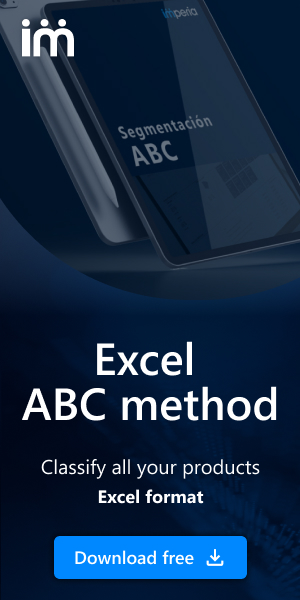
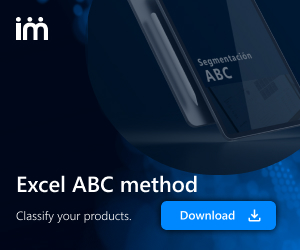



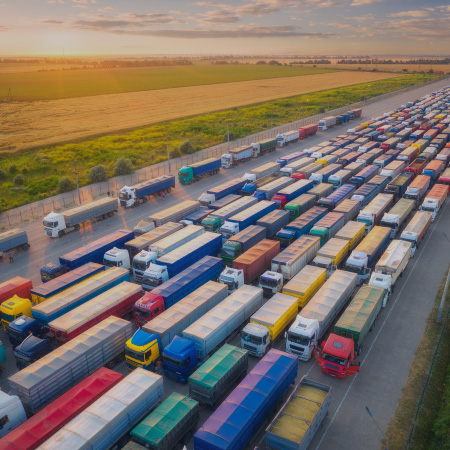

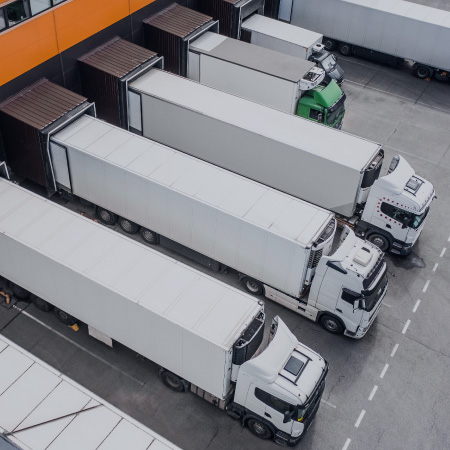












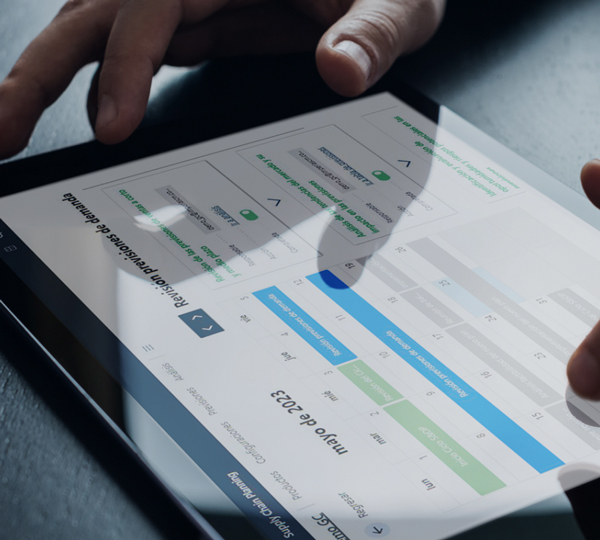
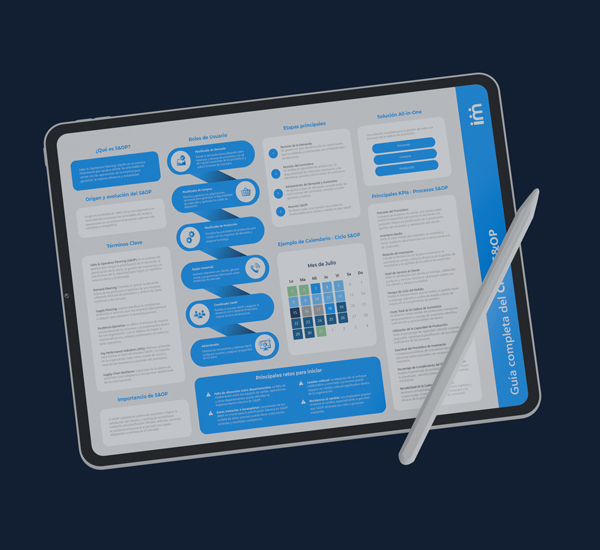







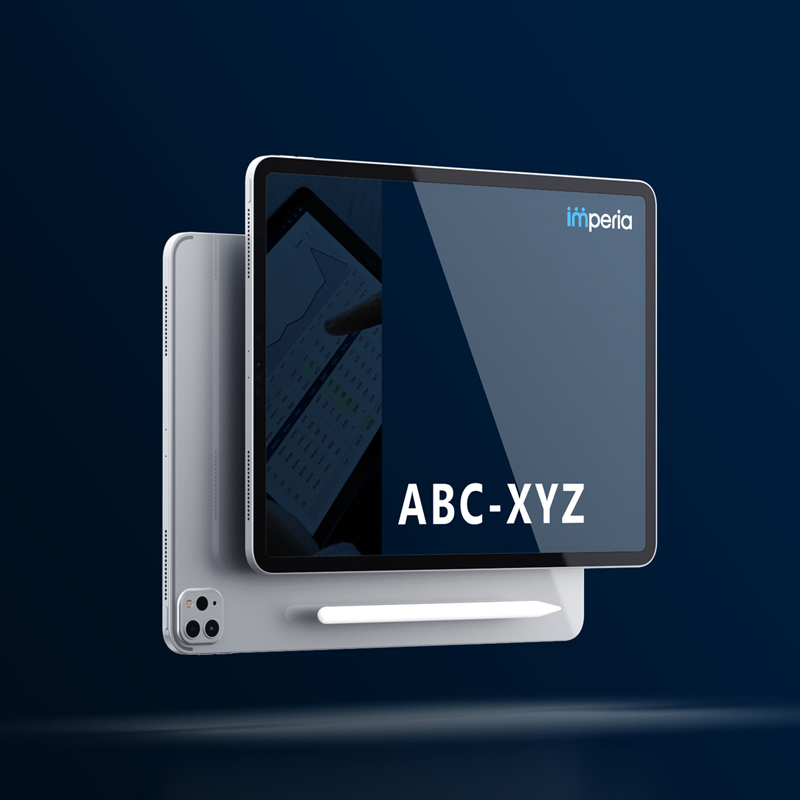
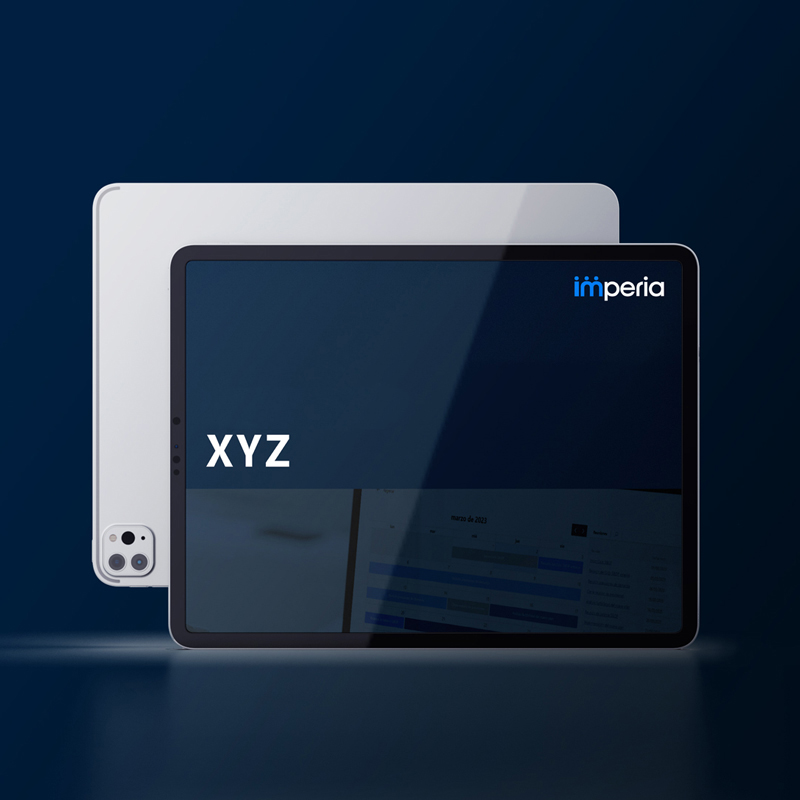

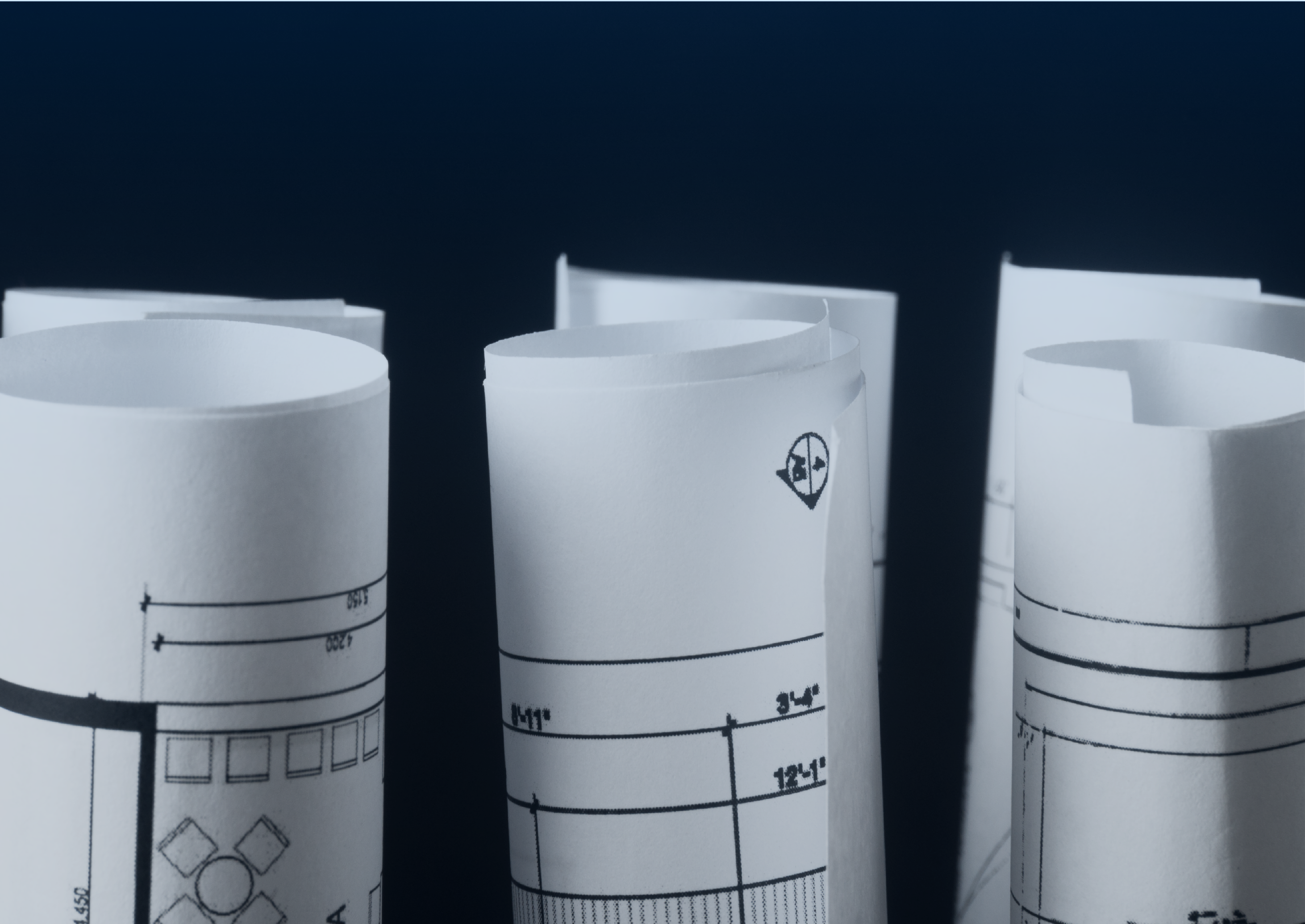








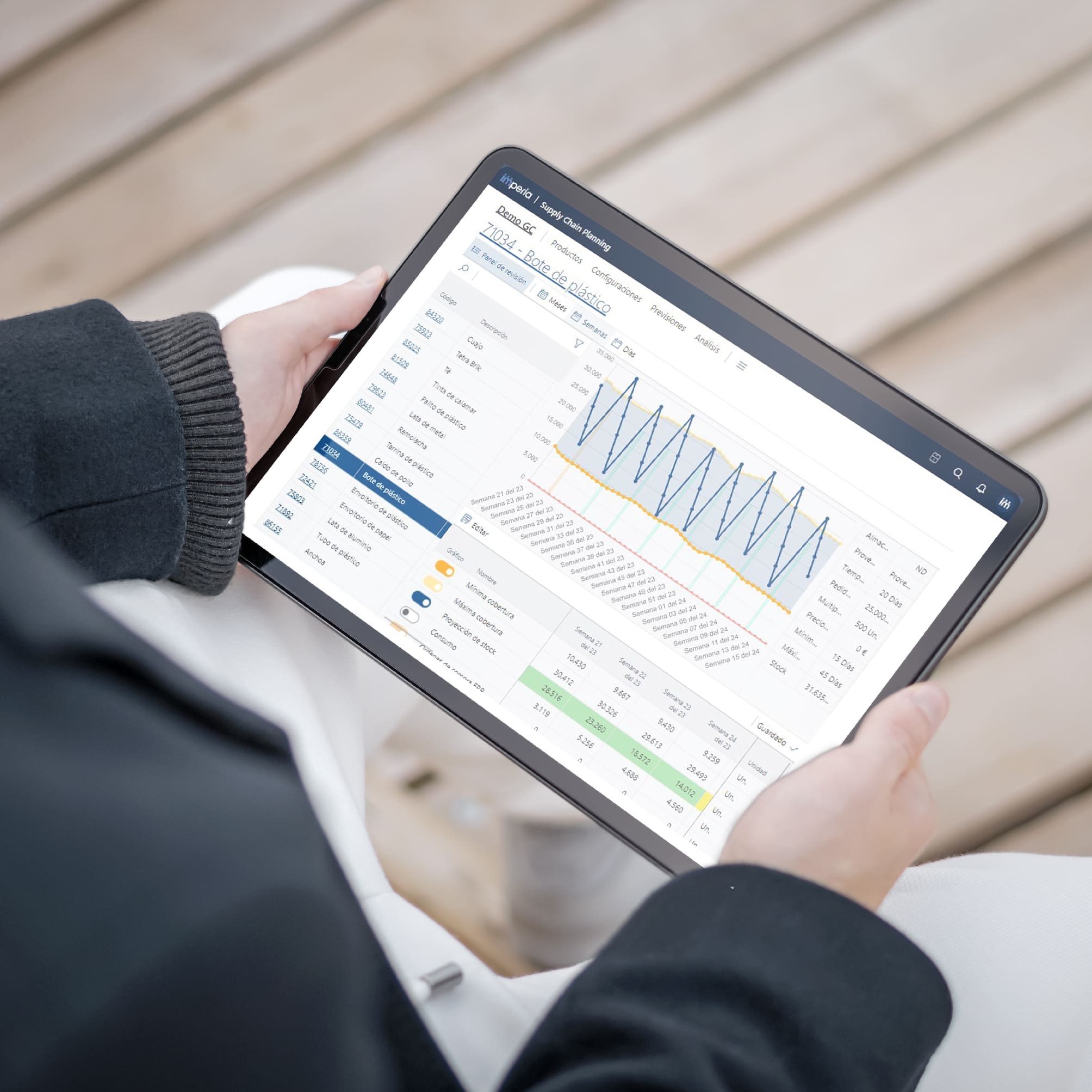

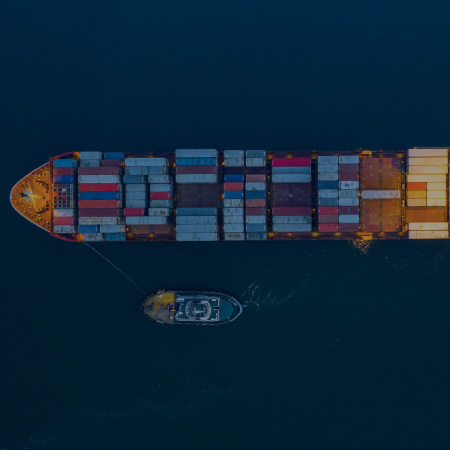




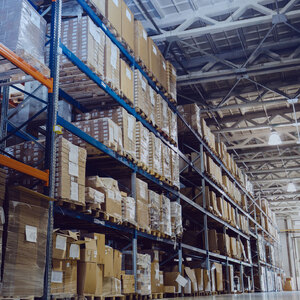








 Imperia_thumbnail.jpg)












